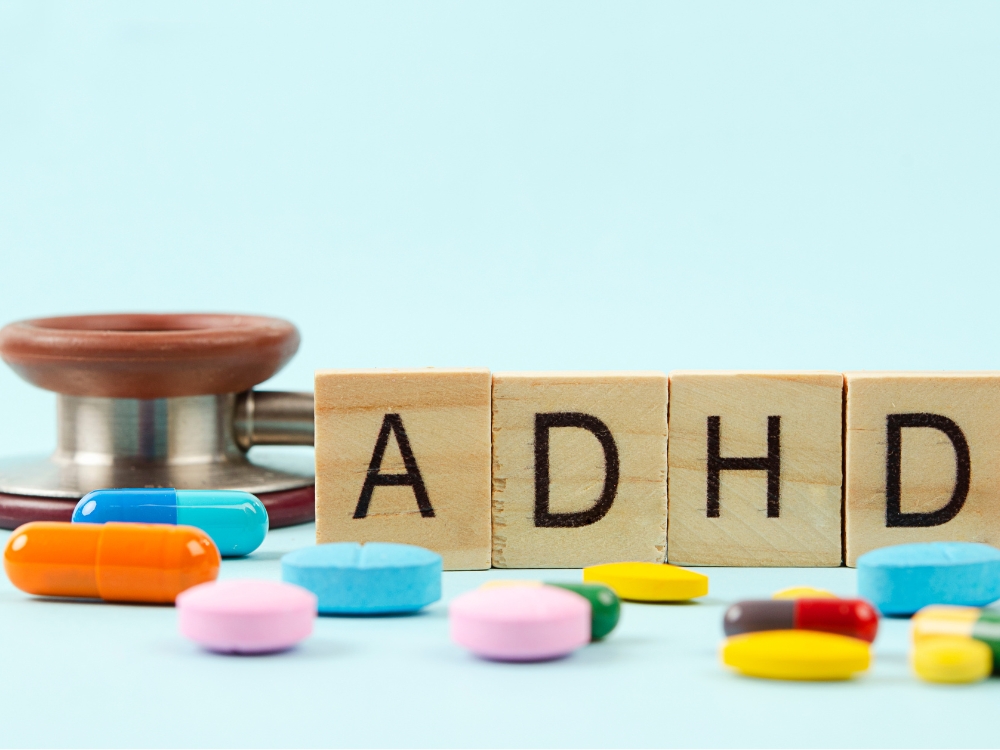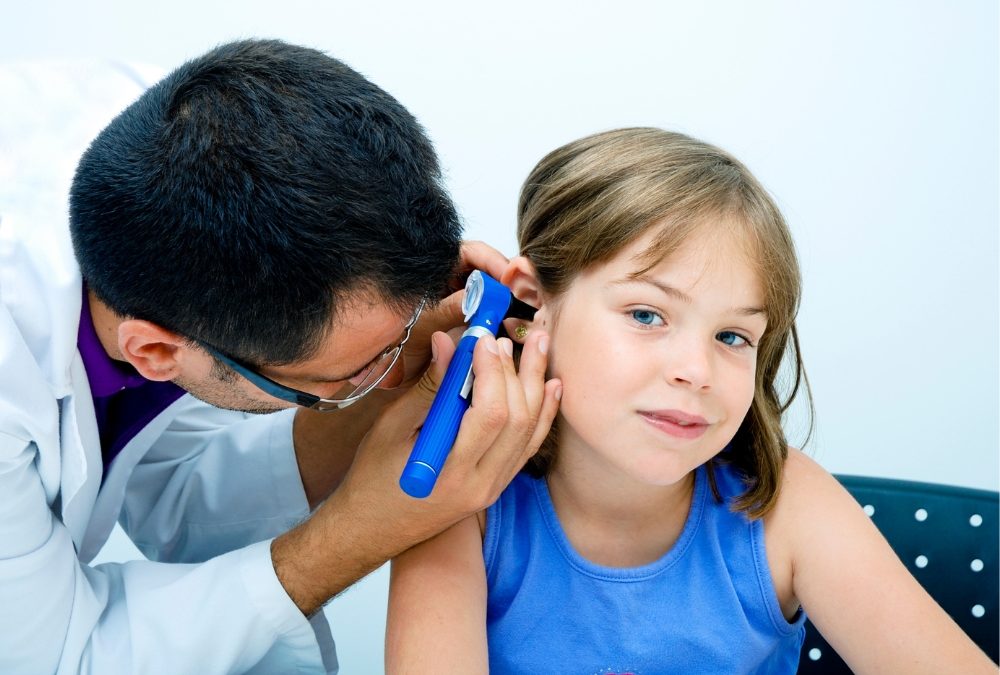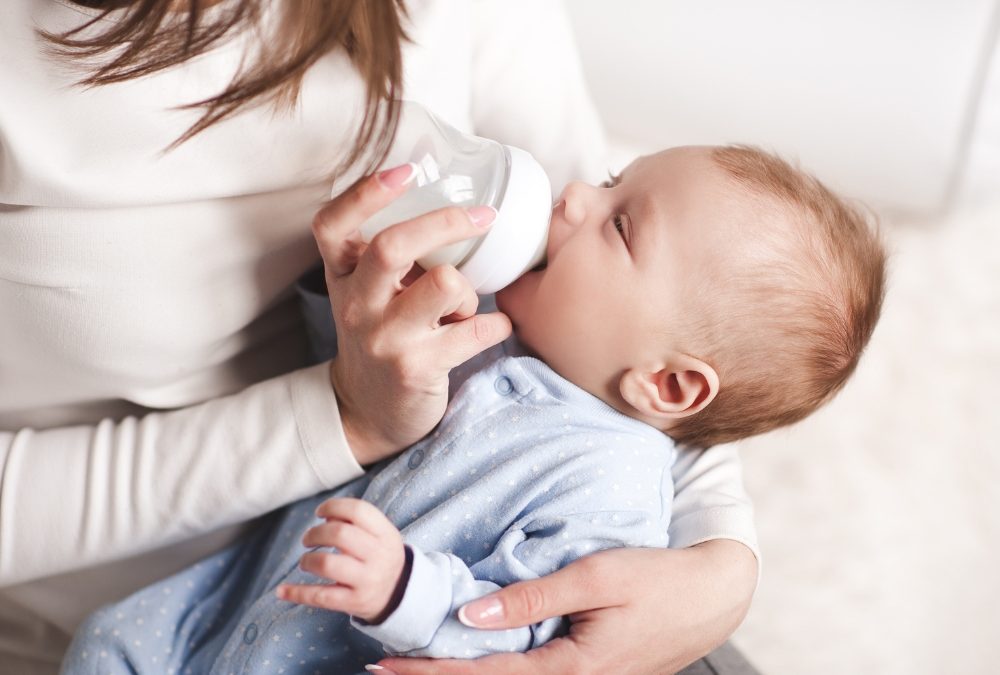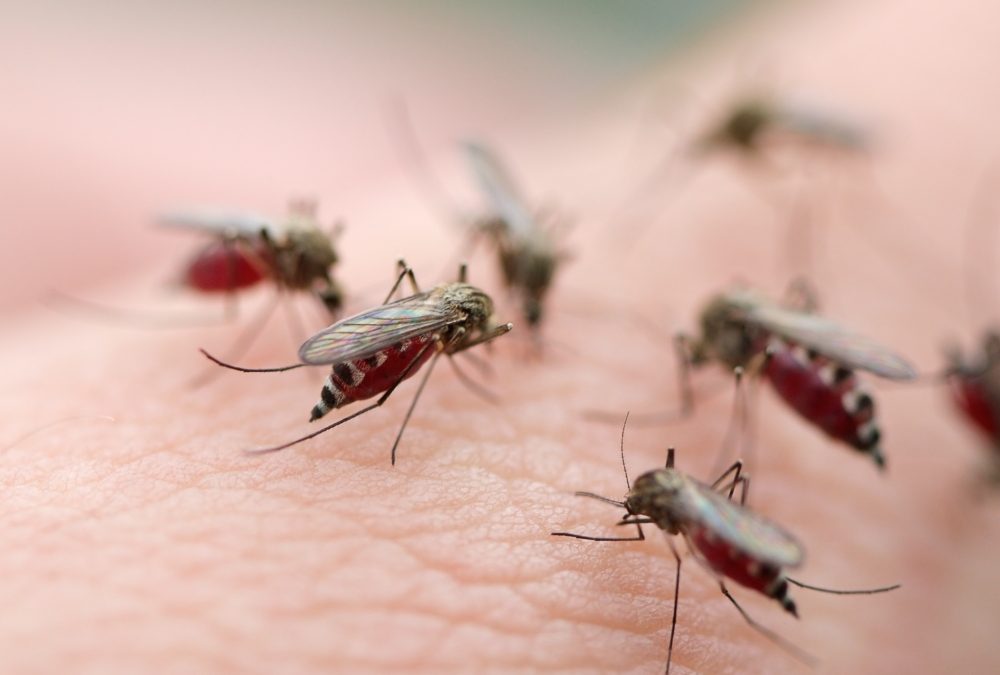ADHD (Attention Deficit Hyperactivity Disorder) Facts for families.
How do I know my child has ADHD?
Often children behave differently in the home and differently in other environments. Usually, first-time parents are alerted to concerns about ADHD when the child starts attending a school. Concerns from the teacher are related to behavior, the inability to stay on task, or focus on activities, unable to complete tasks, and behavior where the child seems to be always on the go, overly social, and unable to stay in one place. It may start off with a couple of notes but then it becomes the norm as the behavior is out of character for children of that age. Parents will often then start to notice the behaviors at home or may have already been aware but thought it was age-appropriate. If this is something you are worried about it is best to bring it to the attention of your pediatrician. At our practice, we offer ADHD evaluations for children older than 4 years of age and can often get children in very quickly.
Why should I test for ADHD?
I always recommend getting an evaluation for ADHD if the concern arises. Children who are unable to stay on task and often are disruptive in class will constantly start getting into trouble which can ultimately affect their self-confidence and self-esteem. Children who may have ADHD usually have a normal IQ, but they are more impulsive and may need more time to complete tasks as their thoughts may wander. With an early diagnosis, they can have accommodations put in place at school and for tests which can help them thrive. They cannot help the way they behave and react and the sooner the school and families acknowledge this fact and work with them rather than reprimand them the better it is for the child.
My child was diagnosed with ADHD but I do not want to start with medications. Are there any other options?
There are many things in a child’s lifestyle we can change which can help them thrive. Starting with good sleep hygiene, exercise, and a healthy diet. Avoiding screen time before bedtime and limiting it during the day is very important. Exercise helps children burn energy, but also helps them stay healthy and sleep better at night. We recommend avoiding any foods with food coloring in them as that has been found to be a trigger for children with ADHD. Often, we work on these changes along with school accommodations and see how the child does in both environments. With close follow-up and monitoring the plan for managing ADHD can change with time but medication is not necessarily started right at the beginning. This decision is based on how the child is doing and coping at school and at home. The ultimate goal is to help your child thrive in life!
Become a Member Today!
Take the first step towards a more comfortable, healthy journey with your child by becoming a member today. As part of our community, you’ll gain access to personalized care, proactive health strategies, and a supportive team dedicated to your child’s well-being. Reach out today.






